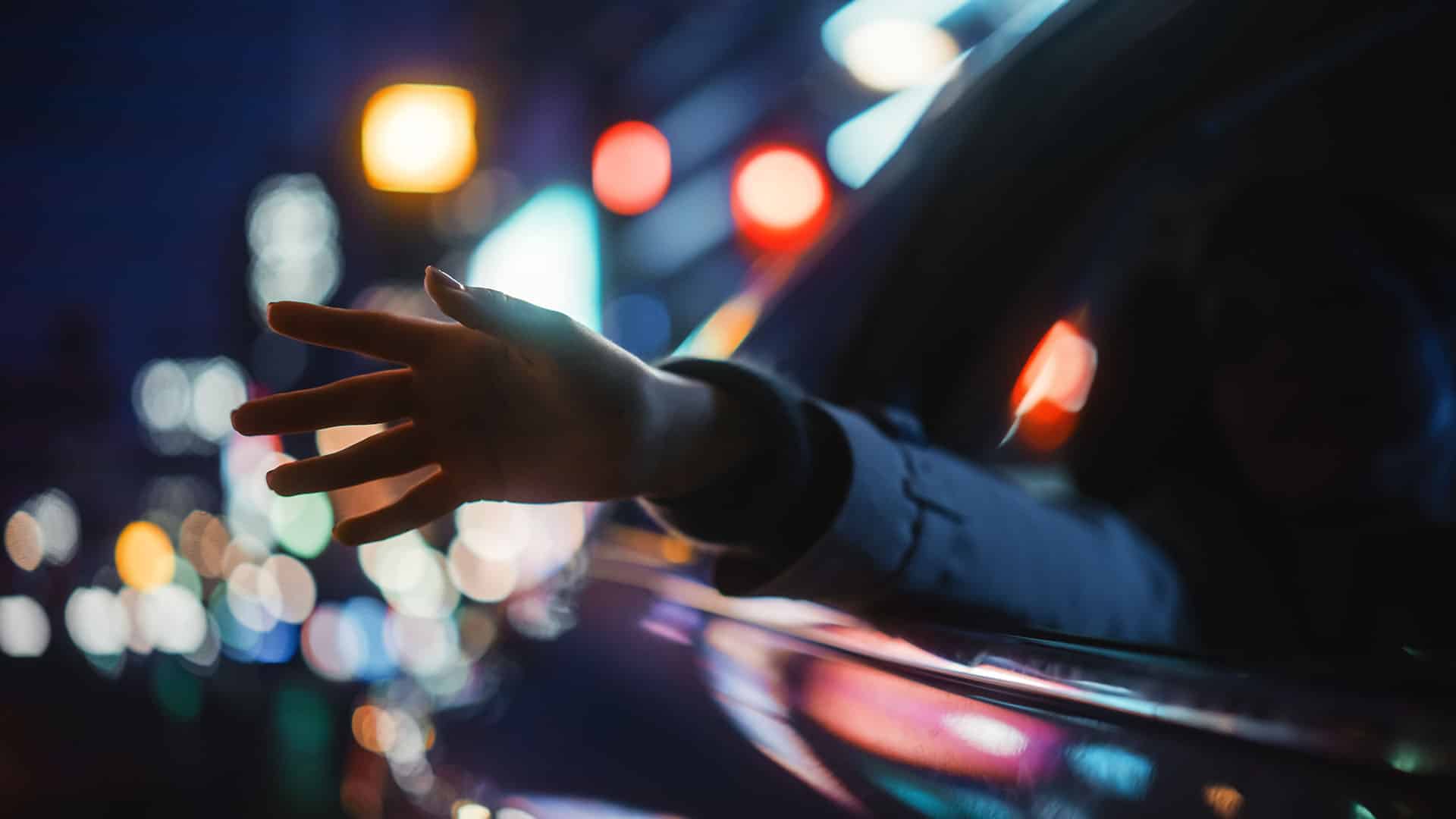We've all felt it: your final evening in a city hits differently. Whether you're wrapping up a weekend in Paris or concluding a month in Bangkok, that last night carries a distinct emotional weight. The streets feel more alive, the lights seem brighter, and every moment feels charged with significance. This isn't just sentimentality – there's fascinating psychology behind why our brains process these travel endings in unique ways.
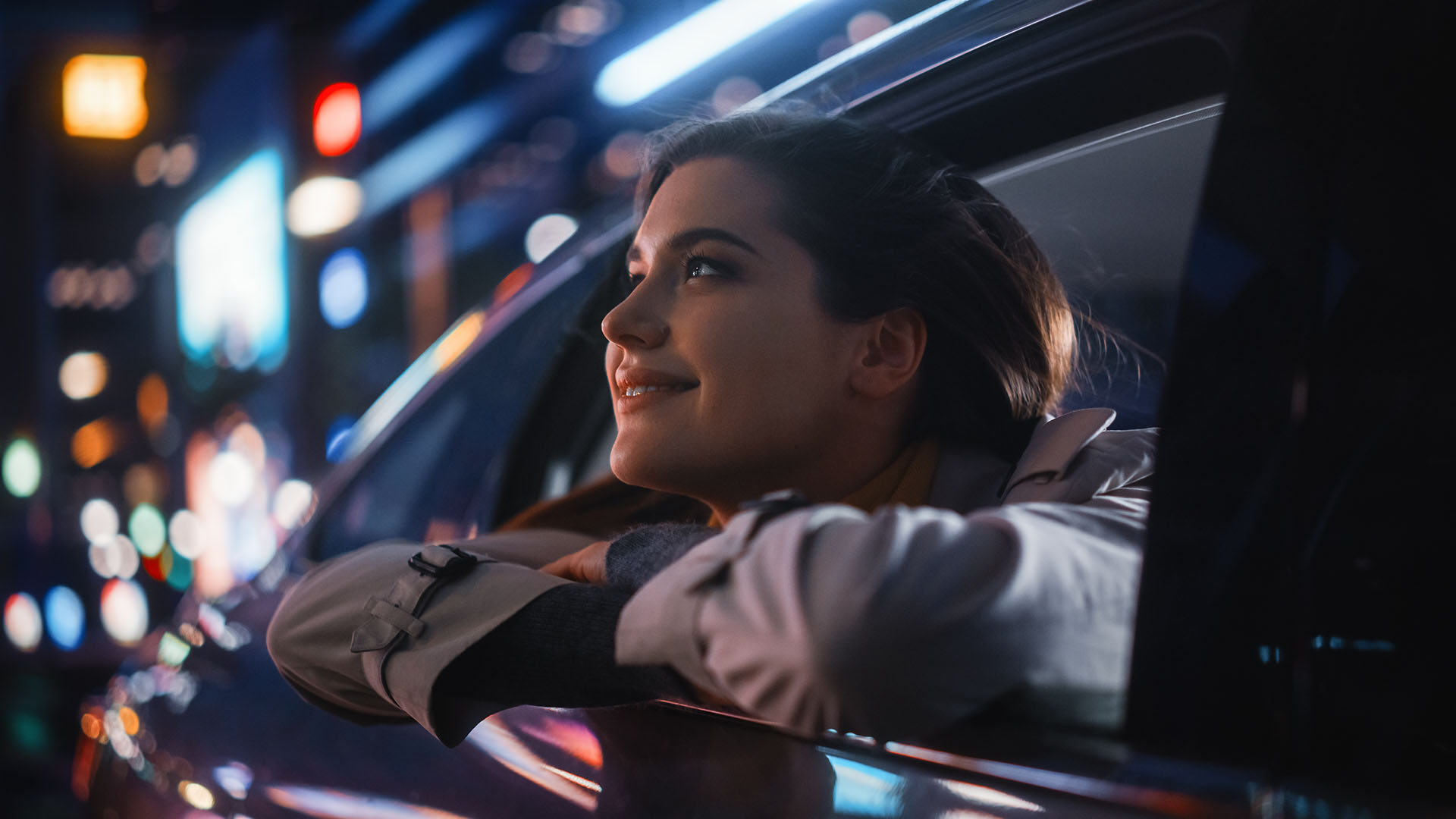
The ‘Last Time' Effect
Our brains give special significance to experiences we know are ending. While walking down a street you've passed a dozen times during your stay, the simple awareness that it's your “last time” transforms the ordinary into the memorable. Psychologists call this “anticipatory nostalgia” – the bittersweet feeling of missing something before it's even gone.
This phenomenon explains why travelers often report their final evenings as being among their most vivid memories. Our brains shift into a heightened state of awareness, desperately trying to capture and preserve details we might have overlooked before. That corner café's sign, the sound of local traffic, even the particular quality of the evening light – all become more noticeable when we know we're experiencing them for the last time.

The Race Against Time
Last nights often trigger what psychologists term “temporal scarcity” – the acute awareness that our time is running out. This creates a fascinating paradox in traveler behavior: we simultaneously want to revisit favorite spots for one last time while also cramming in new experiences we might have missed.
This explains why normally decisive travelers might spend their final evening bouncing between multiple restaurants, unable to commit to just one final meal. Or why we suddenly feel compelled to walk down that intriguing side street we've been meaning to explore all week. Our brains are trying to maximize every remaining moment, leading to both richer experiences and occasionally, decision paralysis.
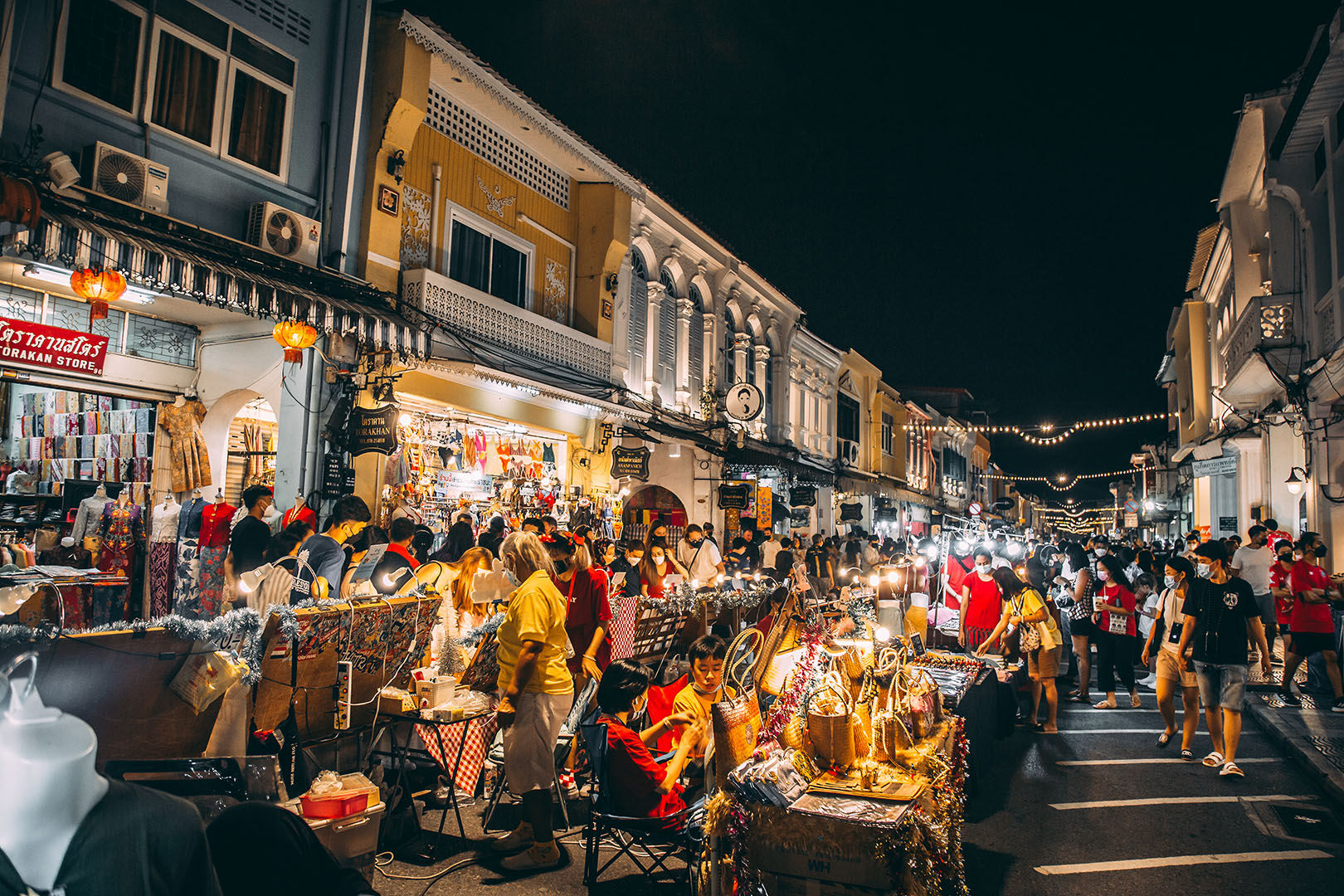
The Permission of Endings
Something interesting happens to our inhibitions on last nights: they often lower. Travelers report being more likely to strike up conversations with strangers, try unusual foods, or stay out later than usual on their final evenings. This isn't just about “making the most” of time – it's about the psychological safety of endings.
When we know we're leaving tomorrow, the stakes feel paradoxically lower. Social anxiety decreases because any potentially awkward encounters have a clear expiration date. The fear of missing out (FOMO) actually pushes us toward, rather than away from, novel experiences. We give ourselves permission to be bolder versions of ourselves, knowing our regular lives resume tomorrow.
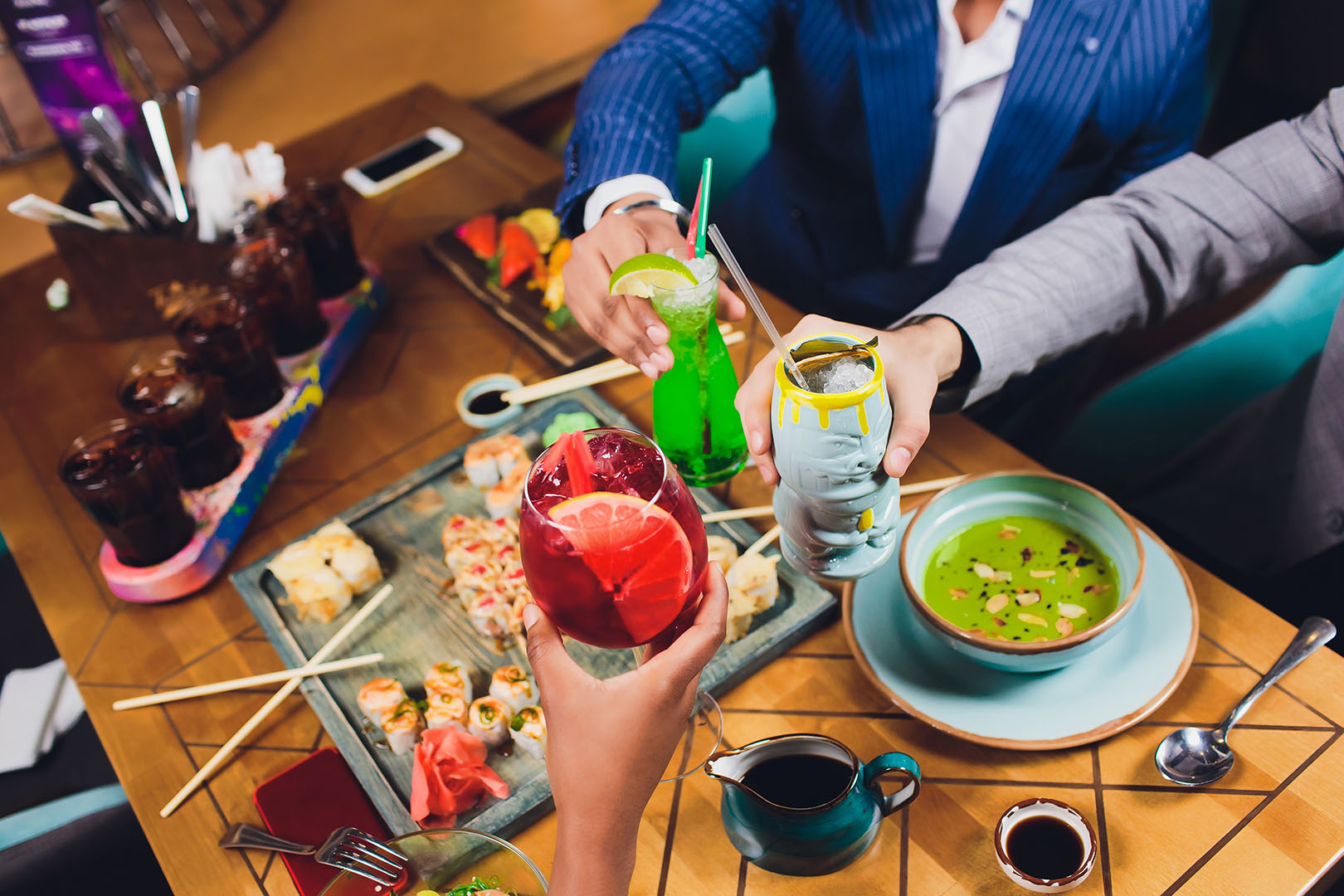
The Ritual of Return
Last nights serve an important psychological function: they help us process the transition back to our regular lives. Humans naturally seek closure, and final evenings provide a ritual ending to our time in a place. Whether it's having a farewell drink at your favorite local bar or taking one last walk along a familiar route, these acts help our brains package the experience into a complete narrative.
This need for closure explains why many travelers instinctively create rituals around their final evenings, even if they don't consciously realize they're doing it. The late-night packing, the last photos from the hotel balcony, the final walk around the neighborhood – these aren't just practical necessities but psychological stepping stones helping us transition from “traveler” back to “regular life.”
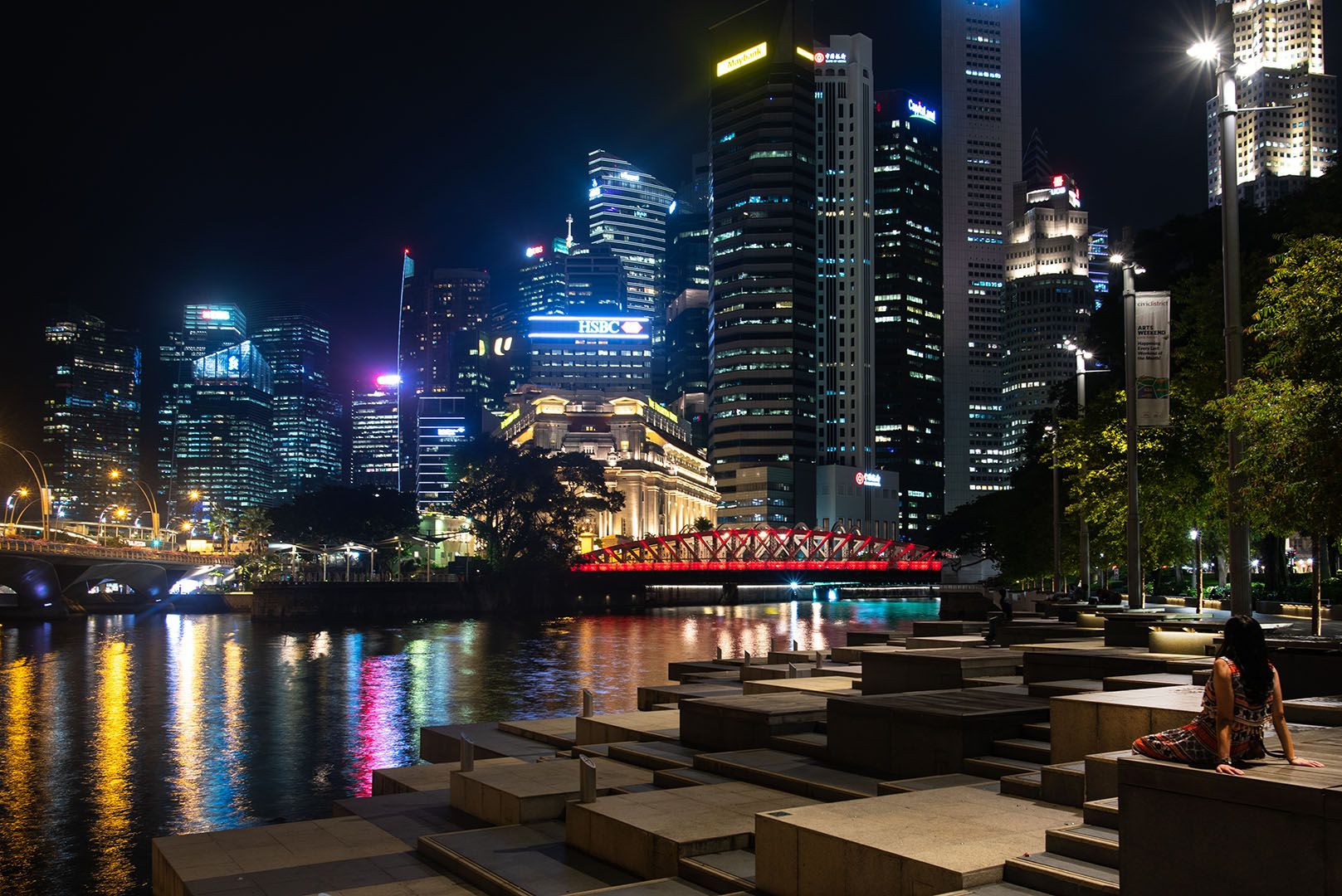
Making the Most of Travel Endings
Understanding these psychological patterns can help us create more meaningful travel conclusions. Instead of fighting against last-night anxiety or trying to cram too much in, we can work with our brain's natural tendencies:
- Plan for the paradox: Set aside time for both revisiting favorites and exploring something new.
- Embrace the heightened awareness: Use your brain's increased attention to detail to actively create memories.
- Create intentional closure: Design a simple personal ritual to mark the end of your stay.
- Document mindfully: Take photos and notes, but don't let documentation override experience.
- Allow for spontaneity: Leave room in your plans for following unexpected impulses.
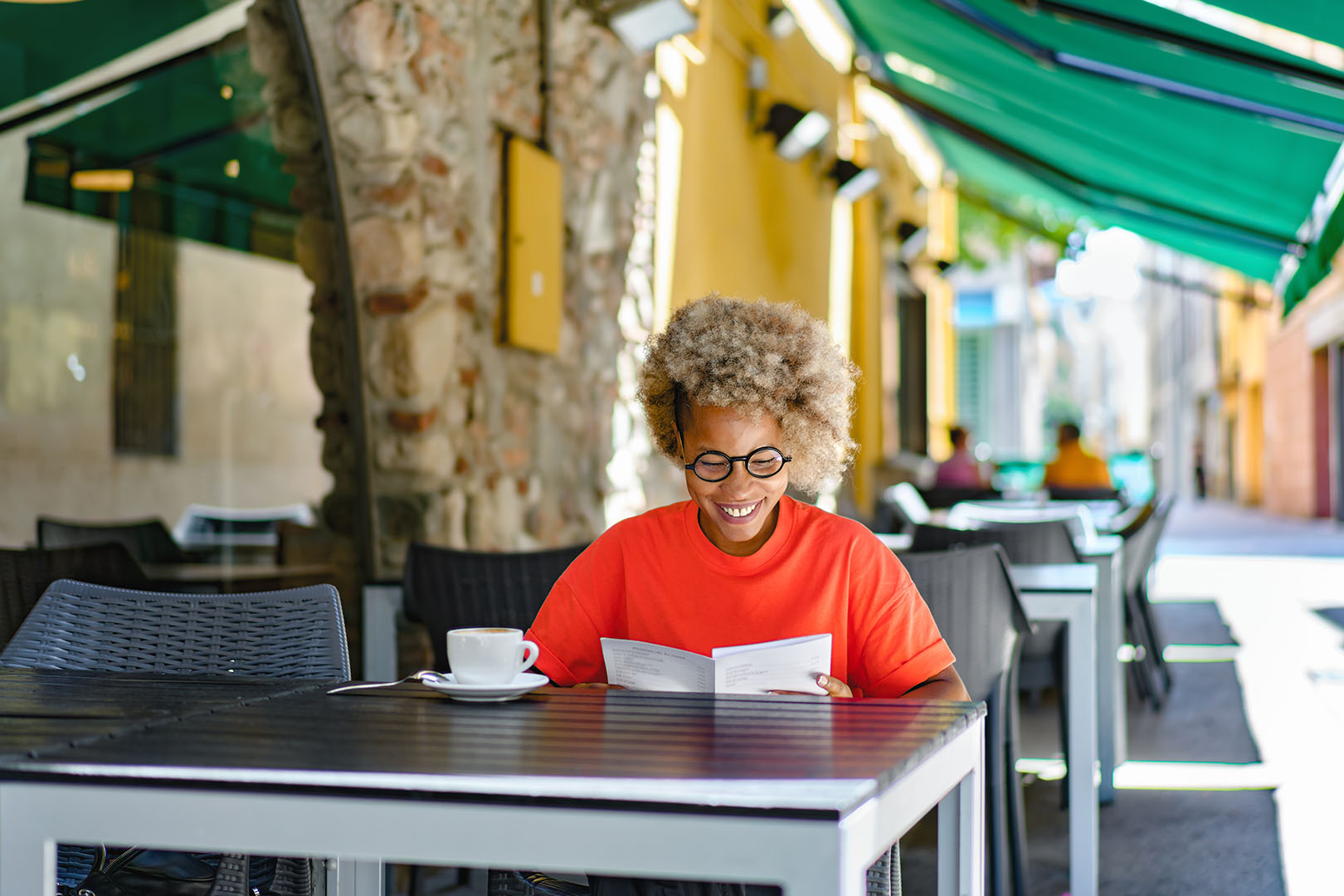
The Next Morning
Perhaps most interestingly, research suggests that these last nights play a crucial role in how we remember entire trips. The peak-end rule in psychology states that we tend to judge experiences largely based on their peak moments and how they end. A meaningful final evening can retroactively enhance our memories of the entire journey.
This explains why investing thought and intention in our last nights isn't just about maximizing those final hours – it's about creating a psychological bookend that will color our memories of the entire experience. In this way, last nights aren't really endings at all, but the beginning of how we'll remember our time in a place for years to come.

